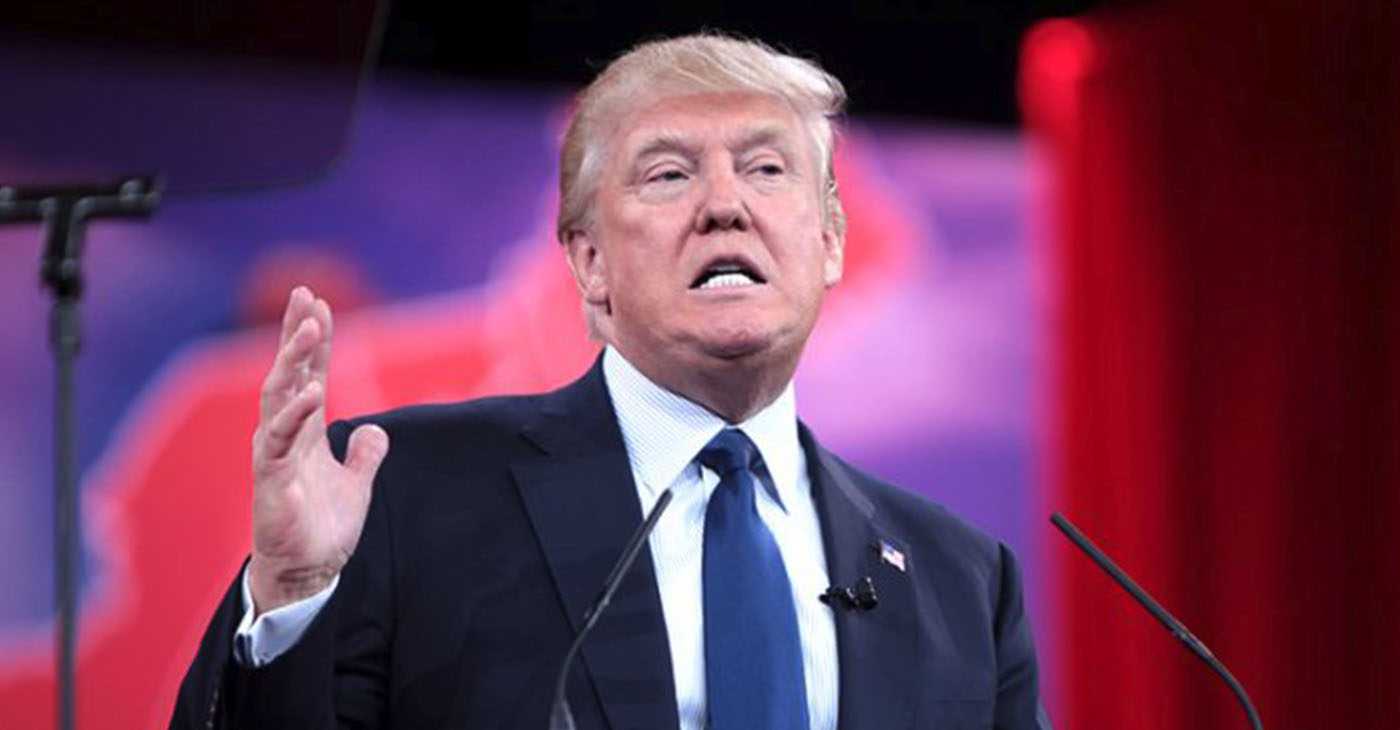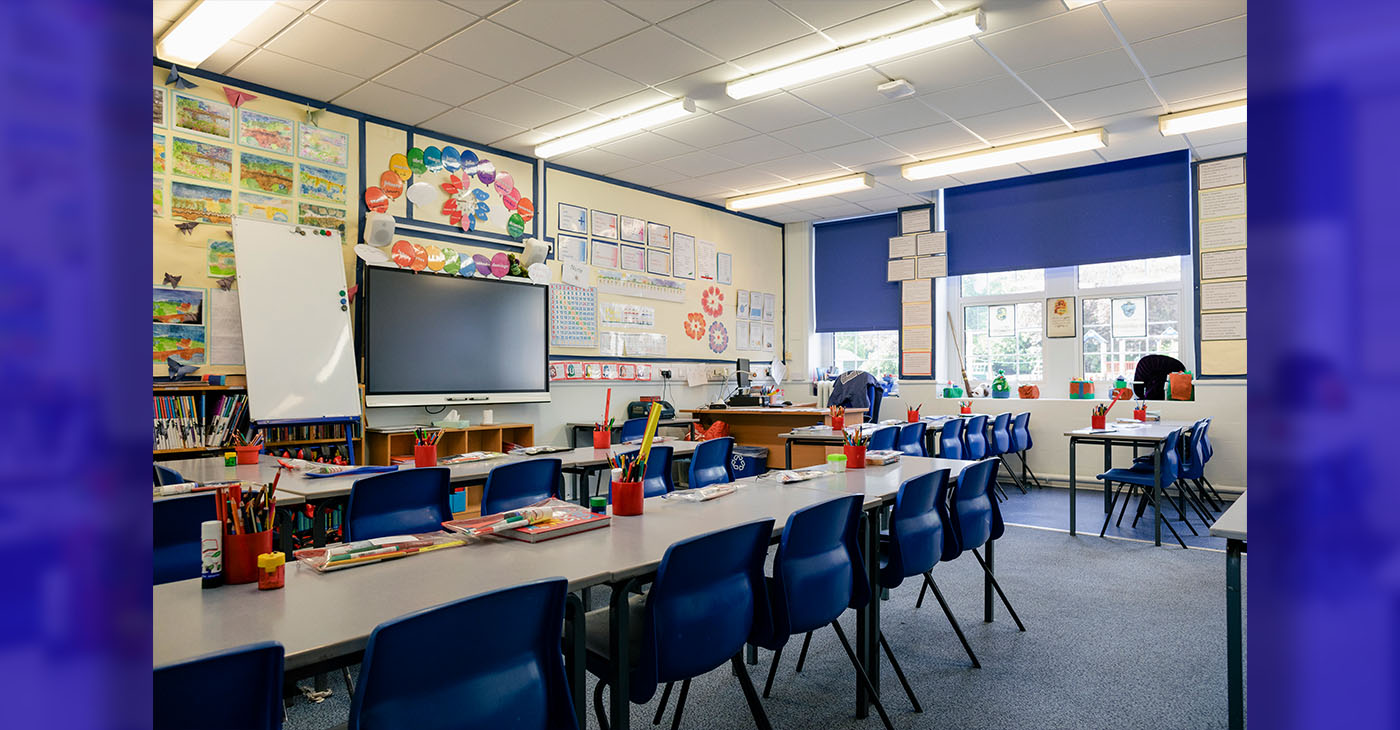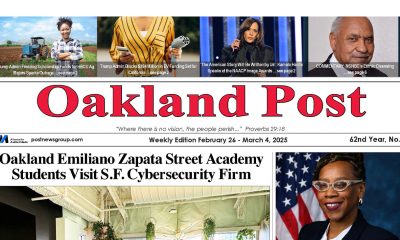#NNPA BlackPress
Bloomberg’s Greenwood Initiative Aims to Create One Million New Black Homeowners
NNPA NEWSWIRE — According to Steve Benjamin, mayor of Columbia, South Carolina, and a spokesman for the Bloomberg Campaign, “Mike doesn’t just talk about ideas; he actually gets things done. When he was mayor of New York City, he focused not only on creating more homeowners, but also on making sure that there was more affordable housing. In his 12 years as mayor he created and retained more than 175,000 units of affordable housing. That is something he is particularly proud of.”
By Christopher G. Cox, publisher and managing editor, www.realesavvy.com
One key component of Democratic Presidential Candidate Michael Bloomberg’s Greenwood Initiative calls for the creation of one million new Black homeowners by providing down-payment assistance; getting millions of dollars banked and recognized by credit scoring companies; enforcing fair lending laws; reducing foreclosure evictions; and increasing the supply of affordable housing.
According to Steve Benjamin, mayor of Columbia, South Carolina, and a spokesman for the Bloomberg Campaign, “Mike doesn’t just talk about ideas; he actually gets things done. When he was mayor of New York City, he focused not only on creating more homeowners, but also on making sure that there was more affordable housing. In his 12 years as mayor he created and retained more than 175,000 units of affordable housing. That is something he is particularly proud of.”
Others components of the Greenwood Initiative, unveiled in Tulsa, Oklahoma, as a way to deliver “economic justice” for Black America, include creating 100,000 new Black-owned businesses; committing $70 billion in funding and technical support to revitalize 100 of the nation’s most disadvantaged communities; reinvigorating the Civil Rights Division of the Justice Department; and requiring more transparency from employers in their hiring, pay, lending and procurement procedures.
Bloomberg also pledges to reduce housing segregation; require implicit bias training for police, teachers and federal contractors; and to expand and protect voting rights.
Addressing the goal of increasing Black homeownership, Benjamin discussed Bloomberg’s intention to make better and wider use of Community Development Block Grant (CDBG) funds, which are available in communities throughout the U.S.
“What we’ve been doing right here in Columbia,” Benjamin noted, “is using CDBG dollars as leverage working with larger banks.” He explained that these federal funds can lower the cost of a loan by boosting the down payment to 20 percent of the mortgage amount.
“Basically, coming to a bank with a proposition that we will provide down payment assistance that will equate to 20 percent of the mortgage makes the loan financing much more attractive for both the borrower and the lender,” he adds. “If you put down five percent you get one rate, if you put down 10 percent you get another rate, if you put down 20 percent, you get the primo rate.”
Benjamin points out that Columbia piloted a homeownership program 15 years ago working with six or seven banks that has grown to a mortgage loan portfolio of about $130 million dollars.
“We have loans of from $100,000 up to a quarter of a million dollars and it has been incredibly popular, not just creating affordable housing, but also creating more available workforce housing,” said Benjamin. This category of housing, he explains, makes it possible for school teachers and police officers to actually live in the communities where they work.
“It’s a wonderful way to forge a public/private partnership that benefits people every single day,” Benjamin said. Communities start dealing with a number of important social consequences when they are able to encourage officers who police a community every day to actually live in their communities, he added.
“Mike realizes that homeownership is the gateway to the middle class,” notes Benjamin. “The reality is that the entire American middle class was created in the mid-20th century by giving people mortgages to buy homes. So, we’re talking about doing those same things that were done 70 or 80 years ago, but this time focusing on Black America. Ultimately, this is really about trying to create generational wealth for Black homeowners.”
#NNPA BlackPress
Recently Approved Budget Plan Favors Wealthy, Slashes Aid to Low-Income Americans
BLACKPRESSUSA NEWSWIRE — The most significant benefits would flow to the highest earners while millions of low-income families face cuts
By Stacy M. Brown
BlackPressUSA.com Senior National Correspondent
The new budget framework approved by Congress may result in sweeping changes to the federal safety net and tax code. The most significant benefits would flow to the highest earners while millions of low-income families face cuts. A new analysis from Yale University’s Budget Lab shows the proposals in the House’s Fiscal Year 2025 Budget Resolution would lead to a drop in after-tax-and-transfer income for the poorest households while significantly boosting revenue for the wealthiest Americans. Last month, Congress passed its Concurrent Budget Resolution for Fiscal Year 2025 (H. Con. Res. 14), setting revenue and spending targets for the next decade. The resolution outlines $1.5 trillion in gross spending cuts and $4.5 trillion in tax reductions between FY2025 and FY2034, along with $500 billion in unspecified deficit reduction.
Congressional Committees have now been instructed to identify policy changes that align with these goals. Three of the most impactful committees—Agriculture, Energy and Commerce, and Ways and Means—have been tasked with proposing major changes. The Agriculture Committee is charged with finding $230 billion in savings, likely through changes to the Supplemental Nutrition Assistance Program (SNAP), also known as food stamps. Energy and Commerce must deliver $880 billion in savings, likely through Medicaid reductions. Meanwhile, the Ways and Means Committee must craft tax changes totaling no more than $4.5 trillion in new deficits, most likely through extending provisions of the 2017 Tax Cuts and Jobs Act. Although the resolution does not specify precise changes, reports suggest lawmakers are eyeing steep cuts to SNAP and Medicaid benefits while seeking to make permanent tax provisions that primarily benefit high-income individuals and corporations.
To examine the potential real-world impact, Yale’s Budget Lab modeled four policy changes that align with the resolution’s goals:
- A 30 percent across-the-board cut in SNAP funding.
- A 15 percent cut in Medicaid funding.
- Permanent extension of the individual and estate tax cuts from the 2017 Tax Cuts and Jobs Act.
- Permanent extension of business tax provisions including 100% bonus depreciation, expense of R&D, and relaxed limits on interest deductions.
Yale researchers determined that the combined effect of these policies would reduce the after-tax-and-transfer income of the bottom 20 percent of earners by 5 percent in the calendar year 2026. Households in the middle would see a modest 0.6 percent gain. However, the top five percent of earners would experience a 3 percent increase in their after-tax-and-transfer income.
Moreover, the analysis concluded that more than 100 percent of the net fiscal benefit from these changes would go to households in the top 20 percent of the income distribution. This happens because lower-income groups would lose more in government benefits than they would gain from any tax cuts. At the same time, high-income households would enjoy significant tax reductions with little or no loss in benefits.
“These results indicate a shift in resources away from low-income tax units toward those with higher incomes,” the Budget Lab report states. “In particular, making the TCJA provisions permanent for high earners while reducing spending on SNAP and Medicaid leads to a regressive overall effect.” The report notes that policymakers have floated a range of options to reduce SNAP and Medicaid outlays, such as lowering per-beneficiary benefits or tightening eligibility rules. While the Budget Lab did not assess each proposal individually, the modeling assumes legislation consistent with the resolution’s instructions. “The burden of deficit reduction would fall largely on those least able to bear it,” the report concluded.
#NNPA BlackPress
A Threat to Pre-emptive Pardons
BLACKPRESSUSA NEWSWIRE — it was a possibility that the preemptive pardons would not happen because of the complicated nature of that never-before-enacted process.

By April Ryan
President Trump is working to undo the traditional presidential pardon powers by questioning the Biden administration’s pre-emptive pardons issued just days before January 20, 2025. President Trump is seeking retribution against the January 6th House Select Committee. The Trump Justice Department has been tasked to find loopholes to overturn the pardons that could lead to legal battles for the Republican and Democratic nine-member committee. Legal scholars and those closely familiar with the pardon process worked with the Biden administration to ensure the preemptive pardons would stand against any retaliatory knocks from the incoming Trump administration. A source close to the Biden administration’s pardons said, in January 2025, “I think pardons are all valid. The power is unreviewable by the courts.”
However, today that same source had a different statement on the nuances of the new Trump pardon attack. That attack places questions about Biden’s use of an autopen for the pardons. The Trump argument is that Biden did not know who was pardoned as he did not sign the documents. Instead, the pardons were allegedly signed by an autopen. The same source close to the pardon issue said this week, “unless he [Trump] can prove Biden didn’t know what was being done in his name. All of this is in uncharted territory. “ Meanwhile, an autopen is used to make automatic or remote signatures. It has been used for decades by public figures and celebrities.
Months before the Biden pardon announcement, those in the Biden White House Counsel’s Office, staff, and the Justice Department were conferring tirelessly around the clock on who to pardon and how. The concern for the preemptive pardons was how to make them irrevocable in an unprecedented process. At one point in the lead-up to the preemptive pardon releases, it was a possibility that the preemptive pardons would not happen because of the complicated nature of that never-before-enacted process. President Trump began the threat of an investigation for the January 6th Select Committee during the Hill proceedings. Trump has threatened members with investigation or jail.
#NNPA BlackPress
Reaction to The Education EO
BLACKPRESSUSA NEWSWIRE — Meanwhile, the new Education EO jeopardizes funding for students seeking a higher education. Duncan states, PellGrants are in jeopardy after servicing “6.5 million people” giving them a chance to go to college.

By April Ryan
There are plenty of negative reactions to President Donald Trump’s latest Executive Order abolishing the Department of Education. As Democrats call yesterday’s action performative, it would take an act of Congress for the Education Department to close permanently. “This blatantly unconstitutional executive order is just another piece of evidence that Trump has absolutely no respect for the Constitution,” said Rep. Maxine Waters (D-CA) who is the ranking member on the House Financial Services Committee. “By dismantling ED, President Trump is implementing his own philosophy on education, which can be summed up in his own words, ‘I love the poorly educated.’ I am adamantly opposed to this reckless action, said Rep. Bobby Scott who is the most senior Democrat on the House Education and Workforce Committee.
Morgan State University President Dr. David Wilson chimed in saying “I’m deeply concerned about efforts to shift federal oversight in education back to the states, particularly regarding equity, justice, and fairness. History has shown us what happens when states are left unchecked—Black and poor children are too often denied access to the high-quality education they deserve. In 1979 then President Jimmy Carter signed a law creating the Department of Education. Arne Duncan, former Obama Education Secretary, reminds us that both Democratic and Republican presidents have kept education a non-political issue until now. However, Duncan stressed Republican presidents have contributed greatly to moving education forward in this country.
During a CNN interview this week Duncan said during the Civil War President Abraham “Lincoln created the land grant system” for colleges like Tennessee State University. “President Ford brought in IDEA.” And “Nixon signed Pell Grants into law.” In 2001, the No Child Left Behind Act was signed into law by President George W. Bush which increased federal oversight of schools through standardized testing. Meanwhile, the new Education EO jeopardizes funding for students seeking higher education. Duncan states, PellGrants are in jeopardy after servicing “6.5 million people” giving them a chance to go to college. Wilson details, “that 40 percent of all college students rely on Pell Grants and student loans.”
Rep. Alma Adams (D-NC) says this Trump action “impacts students pursuing higher education and threatens 26 million students across the country, taking billions away from their educational futures. Meanwhile, During the president’s speech in the East Room of the White House Thursday, Trump criticized Baltimore City, and its math test scores with critical words. Governor West Moore, who is opposed to the EO action, said about dismantling the Department of Education, “Leadership means lifting people up, not punching them down.”
-

 #NNPA BlackPress3 weeks ago
#NNPA BlackPress3 weeks agoTarget Takes a Hit: $12.4 Billion Wiped Out as Boycotts Grow
-

 Activism3 weeks ago
Activism3 weeks agoUndocumented Workers Are Struggling to Feed Themselves. Slashed Budgets and New Immigration Policies Bring Fresh Challenges
-

 #NNPA BlackPress3 weeks ago
#NNPA BlackPress3 weeks agoBREAKING Groundbreaking Singer Angie Stone Dies in Car Accident at 63
-

 Activism3 weeks ago
Activism3 weeks agoOakland Post: Week of February 26 – March 4, 2025
-

 #NNPA BlackPress3 weeks ago
#NNPA BlackPress3 weeks agoNAACP Legend and Freedom Fighter Hazel Dukes Passes
-

 #NNPA BlackPress3 weeks ago
#NNPA BlackPress3 weeks agoApple Shareholders Reject Effort to Dismantle DEI Initiatives, Approve $500 Billion U.S. Investment Plan
-

 #NNPA BlackPress3 weeks ago
#NNPA BlackPress3 weeks agoSeniors Beware: O’Malley Says Trump-Musk Cuts Will Cripple Social Security
-

 #NNPA BlackPress3 weeks ago
#NNPA BlackPress3 weeks agoTrump Kicks the Ukrainian President Out of the White House
























































